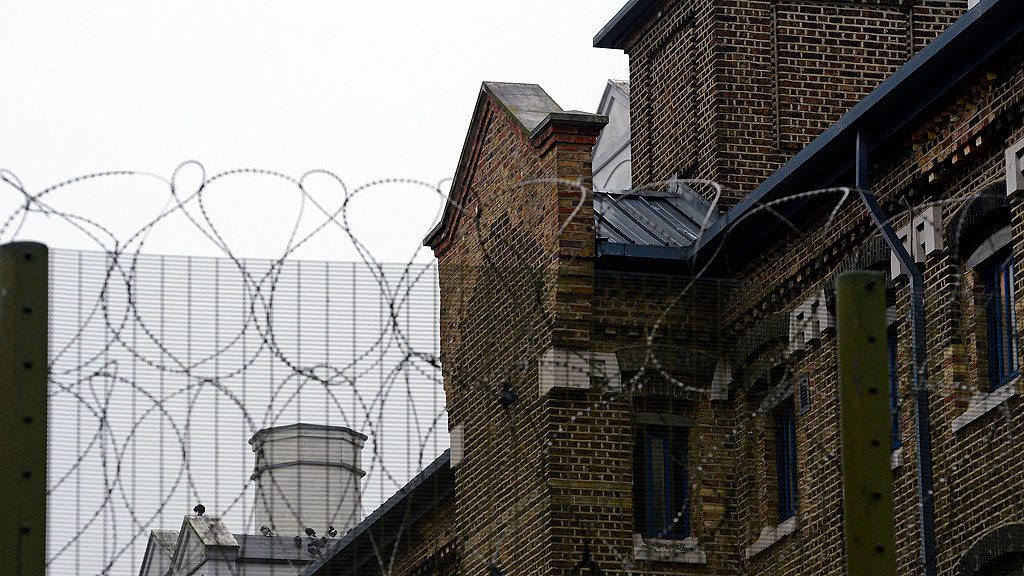Out of order: politicians who ended up behind bars
Chris Huhne is not the first serving politician to end up in trouble with the law, statistically MPs are more likely to have a criminal conviction than the average member of the public.

As far back as 1906 UK politicians have faced jail time for scandals while they are supposed to be acting as public representatives. Liberal party MP Jabez Balfour was locked up for property fraud at the turn of the last century.
More recently, the MPs expenses scandal saw a large number of politicians jailed; in the aftermath of the scandal four MPs and two peers were sent to prison for fiddling expenses, leading to the startling statistic that in 2011, while 0.13 per cent of the general population was in jail, a shocking 0.61 per cent of House of Commons members were in prison.
Ex-Labour MP David Chaytor was jailed for 18 months for fraudulently claiming more than £20,000 in expenses. Jim Devine was jailed for 16 months for claiming more than £8,000.
Ex-environment minister Elliot Morley was sent to Ford open prison for fiddling to the tune of £30,000. Eric Illsley was released after just four months of a year-long sentence and claimed he was a “scapegoat”.
MP Margaret Moran was spared prison and given a supervision order instead. None of the imprisoned MPs has returned to politics
Lord Taylor of Warwick was sent down for 12 months after claiming more than £11,000 from the taxpayer. He was joined by peer Lord Hanningfield who said he went through “hell” before he was jailed over his expenses. Both men repaid expenses they claimed illegally.
Losing your seat
The scandal meant that an MP elected to parliament in 2010 was four times more likely to be jailed than the average member of the public. However, the House of Commons still does not hold records of criminal convictions related to MPs.
Under the Representation of the People Act any MP detained in the UK for more than a year is disqualified from membership of the House of Commons and their seat will be vacated.
The rule was brought in after hunger striker Bobby Sands was elected as MP for Fermanagh and South Tyrone while imprisoned.
Chris Huhne is now facing the prospect of a jail sentence; if imprisoned he could have lost his seat – earlier today he resigned stating “the only proper course of action is now for me to resign my Eastleigh seat in parliament, which I will now do very shortly”.
As you cannot technically step down under parliamentary rules, Huhne will be assigned two “offices of profit” to fulfil legal requirements.
A number of abstentionist Sinn Fein MPs have spent time in prison for IRA activity before being elected, including Northern Ireland Deputy First Minister Martin McGuinness. Similarly a number of Unionist MPs have spent time in prison.
Perjury convictions
In 2001, Conservative peer and millionaire novelist Lord Archer was jailed for perjury and perverting the course of justice, for lying during a libel case against the Daily Star, ending his political career. He served half of his sentence before being released on licence.
Tory MP and former cabinet minister, Jonathan Aitken, was convicted of perjury and served a seven month sentence in 1999. On release he became an outspoken advocate of prison reform and contributes to prison newspaper Inside Time.
Huhne could now face being stripped of his Privy Council membership, which allows him to use the title “Right Honourable.” Jonathan Aitken voluntarily gave up his membership.
Also rans
One of few MPs to be imprisoned for taking a moral stand was Terry Fields, a supporter of the Militant Tendency, who refused to pay his £373 poll tax bill.
The most bizarre Westminster jailing involved Labour junior minister John Stonehouse, who faked his own death in 1974. He was arrested by police in Copenhagen who suspected he was Lord Lucan.
On his return he endured a 68-day trial for 21 charges of fraud, theft, forgery, conspiracy to defraud, causing a false police investigation and wasting police time. More than 20 years after his death, it was claimed he had been a communist agent.
-
Latest news
-
As India goes to the polls in the world’s largest election – what do British-Indians think?6m

-
Tees Valley: Meet the candidates in one of the biggest contests coming up in May’s local elections4m

-
Keir Starmer says public sector reform will be a struggle7m

-
Nicola Sturgeon’s husband Peter Murrell charged with embezzlement of funds from SNP1m

-
Ukraine might finally get $60billion in American weapons and assistance to defend against Russia3m

-




